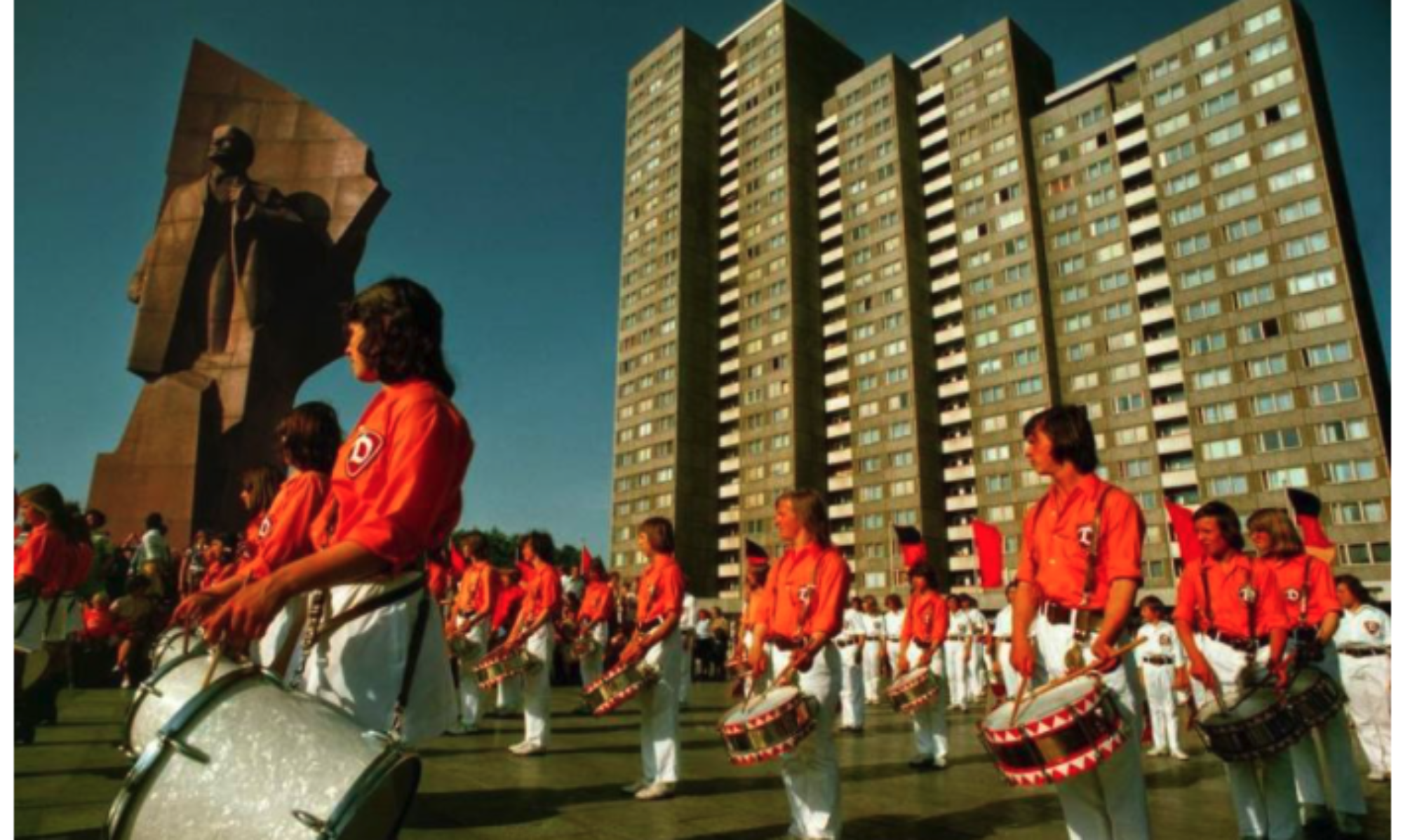Melissa Feinberg writes extensively on the occurrence of “show trials” in Eastern Europe during the early years of the Cold War. These public confessions of guilt by so-called saboteurs and spies exhibit the power the party had over the perception of reality of those living in Eastern Europe. Feinberg argues that the show trials served as an important tool of Cold War propaganda, stating, “All show trials had one central theme: the Socialist camp was under siege, menaced by hidden and dangerous enemies.” (Feinberg, 5) The show trial aimed at setting the population against fraternization with Westerners as “narratives depended on the idea that the world had been sundered into two diametrically opposed camps.” (Feinberg, 10) State authorities could create fantastic conspiracies detailing the guilt of a victim of a show trial. This helped to create and sustain a narrative that the Soviet Union and the People’s Republics under its thrall were under constant attack from capitalist, imperialist, and or fascist subversives. Show trials also enabled the party to dispose of those who were deemed to be ideologically impure. The occurrence and implications of the show trials were emblematic of the Cold War at large, as the conflict was a clash between two ideologies with little perceived room for fence-sitting. The show trials and paranoia surrounding them are analogous to the Red Scare and trials surrounding the fear of Communist subversion in the United States. The fear that the enemy is behind every corner seems to be a shared feature of the United States and the USSR during the early cold war period. Although different in several important ways, both the Red Scare and Show Trials aimed at maintaining ideological purity. Show Trials aimed to control the narrative and draw distinct divisions between the two sides of the Cold War.
By what other means was the narrative and reality controlled by the USSR? How does the narrative created by show trials compare to the narrative produced by the United States during the Cold War? What are the implications of the state control of information?
